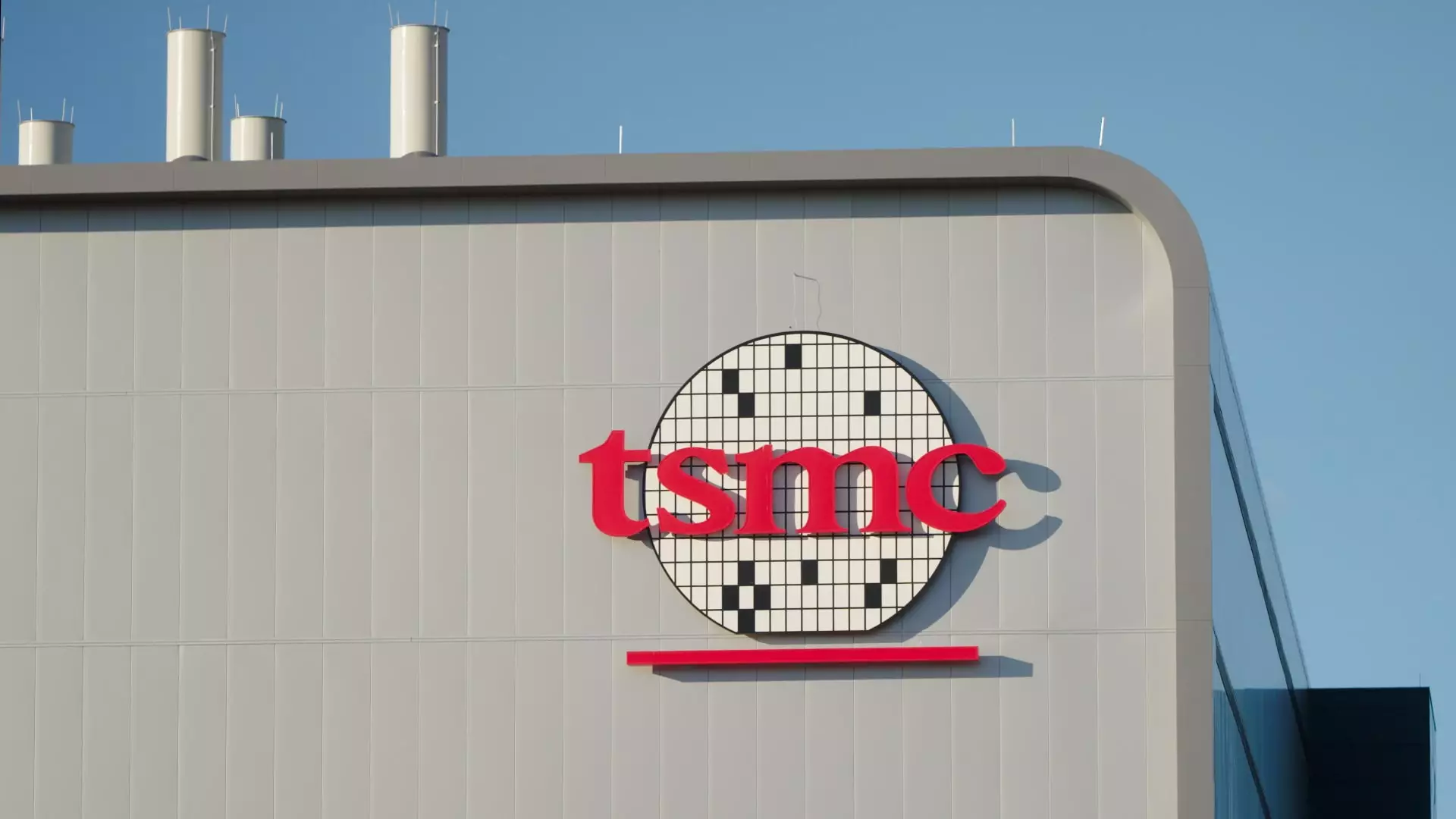The rapidly evolving landscape of global semiconductor manufacturing presents unique challenges and opportunities, particularly for Taiwan Semiconductor Manufacturing Company (TSMC). As discussions about onshoring chip production gain momentum in the United States, TSMC finds itself at the heart of these developments. Recently, accusations from U.S. President-elect Donald Trump have brought Taiwan’s role in the semiconductor sector into sharp focus, prompting both scrutiny and speculation regarding future collaborations.
Despite Trump’s controversial remarks about Taiwan’s alleged impact on the U.S. chip industry, TSMC’s CFO, Wendell Huang, has indicated that federal funding from the Biden administration under the CHIPS and Science Act is expected to continue. The act, which allocates approximately $53 billion to bolster domestic semiconductor production, has already initiated financial influx, with TSMC receiving $1.5 billion to facilitate construction milestones of its fabrication plants in Arizona. These developments highlight the urgent need to establish a self-sufficient semiconductor supply chain, especially given rising concerns over geopolitical tensions with China.
TSMC’s aggressive investment strategy, which amounts to over $65 billion in total for its three Arizona projects, reflects a commitment to meet the increasing demand for advanced chips, particularly for AI applications. As reported, the first plant commenced production in late 2022 after initial delays, with the second facility slated for completion by 2028. This strategic move positions TSMC favorably within the U.S. market, creating jobs and bolstering local economies while also redefining local partnerships that can drive technological advancements.
Political Tensions: Uncertainties Surrounding the CHIPS Act
While the CHIPS Act has enjoyed bipartisan support, Trump’s critical stance and the Republican majority in the House of Representatives raise questions about potential alterations to the ongoing funding framework. Trump’s preference for tariffs over direct subsidies for encouraging semiconductor production could lead to a reevaluation of strategies that have until now relied heavily on constructive collaboration between the U.S. and Taiwanese manufacturers. Industry experts remain cautiously optimistic, however, predicting that significant changes to the CHIPS Act are unlikely due to its foundational bipartisan backing, essential for long-term industry stability.
Amidst political maneuvering, TSMC recently reported record profits, underscoring robust demand for AI chips. The company’s ability to adapt and thrive in a volatile market, largely driven by technological innovations, suggests a strong foundation upon which to withstand external pressures. As TSMC continues to navigate the complexities of international relations while focusing on advancing production technologies, the company’s historical partnership with the U.S. will likely play a crucial role in determining its future trajectory.
As TSMC prepares for an evolving semiconductor landscape, the intersection of politics and technology remains an intricate dance. The company’s commitment to innovation, supported by ongoing U.S. funding and strategic investments, showcases its resilience. While political dynamics may pose challenges, TSMC’s focus on building strong ties within the U.S. semiconductor ecosystem will be key to its ongoing success and leadership in the global market. The path forward will undoubtedly be marked by adaptation, collaboration, and an enduring commitment to technological excellence.

